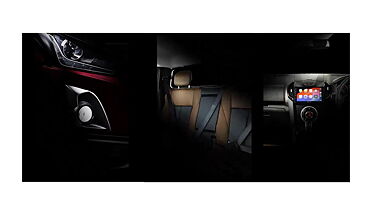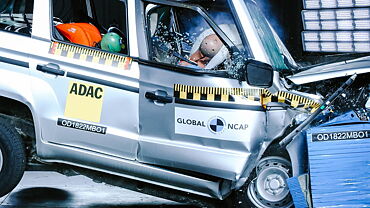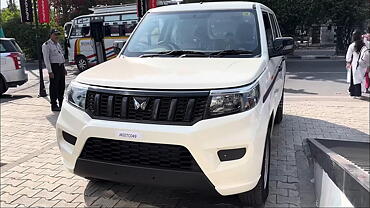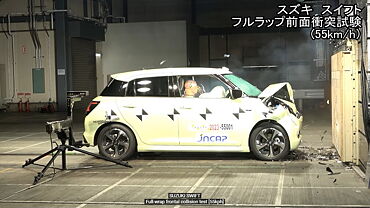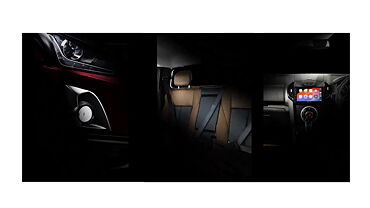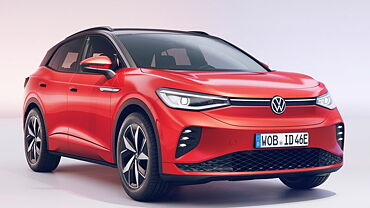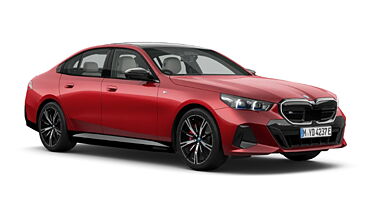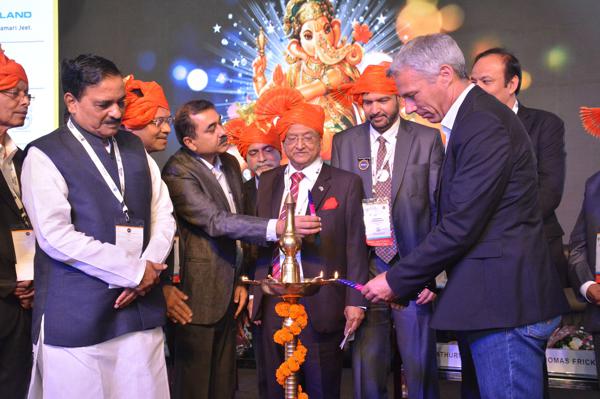
Prawaas 2019, the second edition of the passenger mobility conference concluded yesterday on a high note with more than 20,000 visitors and participation of over 150 exhibitors. The three-day event also witnessed the participation of over 5,000 operators from 29 states and 7 Union Territories. Prawaas 2019, organized by Bus and Car Operators Confederation of India (BOCI) was held at CIDCO Convention and Exhibition Center, Navi Mumbai. The event brought together operators, OEMs, policymakers, thought leaders and industry captains on the same platform to redefine passenger mobility in the country.
The highlights of the second day included the BOCI Excellence Awards ceremony where the event witnessed extraordinary contribution in various categories for promoting best practices, showcasing achievements and encouraging innovation. Individuals and companies that redefined the paradigms of passenger mobility were felicitated. The session on Public-Private Partnership in Delivering Bus Transport was chaired by SK Lohia, Managing Director, IRSDCL.
One of the topical issues on Shared mobility: A game-changer or trouble maker? was chaired by Shreya Gadepalli, Director South Asia, ITDP and the panel included Mr. Ashish Kumar Singh (IAS) Principal Secretary, Transport and Ports, Maharashtra, Ramnath Subramaniam, Executive Director, Maha Metro Rail Ltd and Iravati Damle, Head Public Policy, Uber among others. The panel discussed various aspects of shared mobility. The panel pointed out that shared mobility is the ultimate solution to increasing congestion and pollution in our cities today. The policy needs to address taxation in a way that shared mobility is economical and affordable thereby reducing the need for personal vehicles. Good infrastructure and safety are also some of the key concerns that become prohibitive to shared mobility. Additionally, The session on Role of mobility in promoting tourism was chaired by Kanwarjit Singh Sawhney, Managing Director, Bakshi Transport Service (P) Limited and Radhakrishna Holla, Chief Executive Officer, Cauvery Cars, Bengaluru.
The final day saw some charged discussions on Accelerating Electric Mobility in India. The session was chaired by Amit Bhat, Director of Integrated Urban Transport, WRI India and Ravi Pandit, Co-founder, Chairman and Group Chief Executive Officer, KPIT. The speakers iterated that the future of mobility is electric. There are around 130 million electric vehicles expected to hit the roads globally by 2030. In India some of the biggest constraints remain initial investment, charging infrastructure, incumbent transport system and local manufacturing and serviceability. The panel, however, agreed that despite challenges, India’s public mobility system makeover is taking place at a Rapid pace. With collaboration and collective efforts, the sector is poised for exponential growth.
The event highlighted the government’s decision to provide subsidies to busses and reduced GST from 12 per cent to five per cent for electric vehicles and removal of 22 per cent cess. Moreover, 40 per cent subsidy will be offered for electrical busses.



